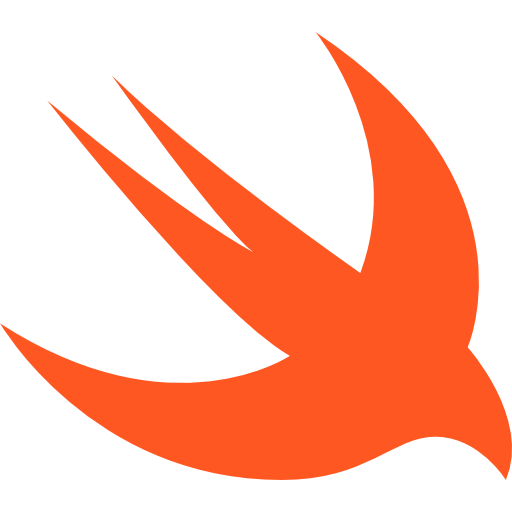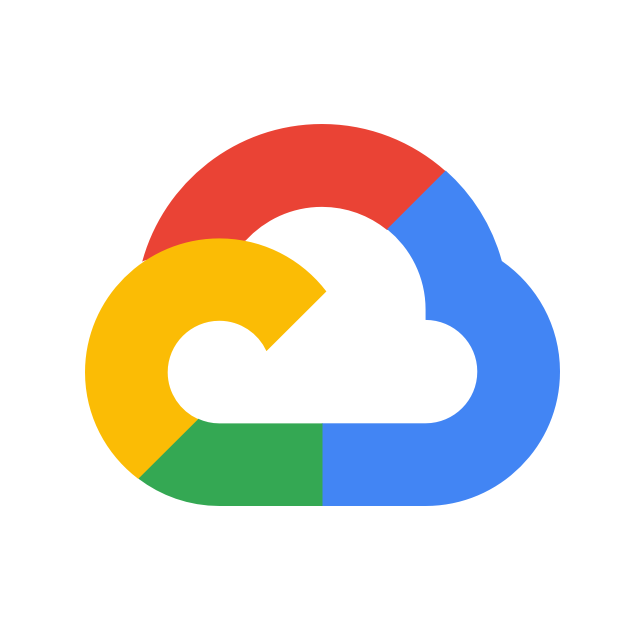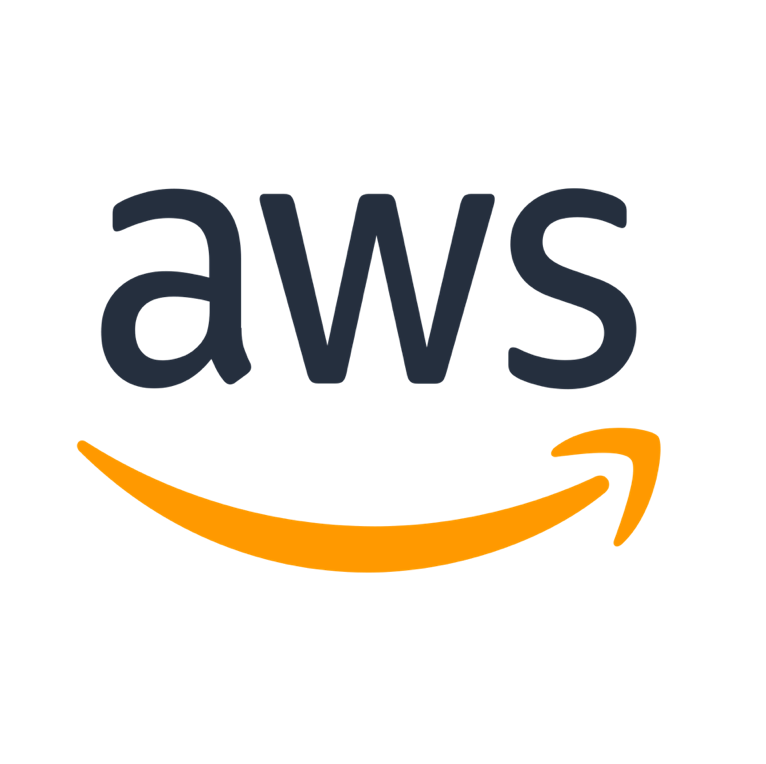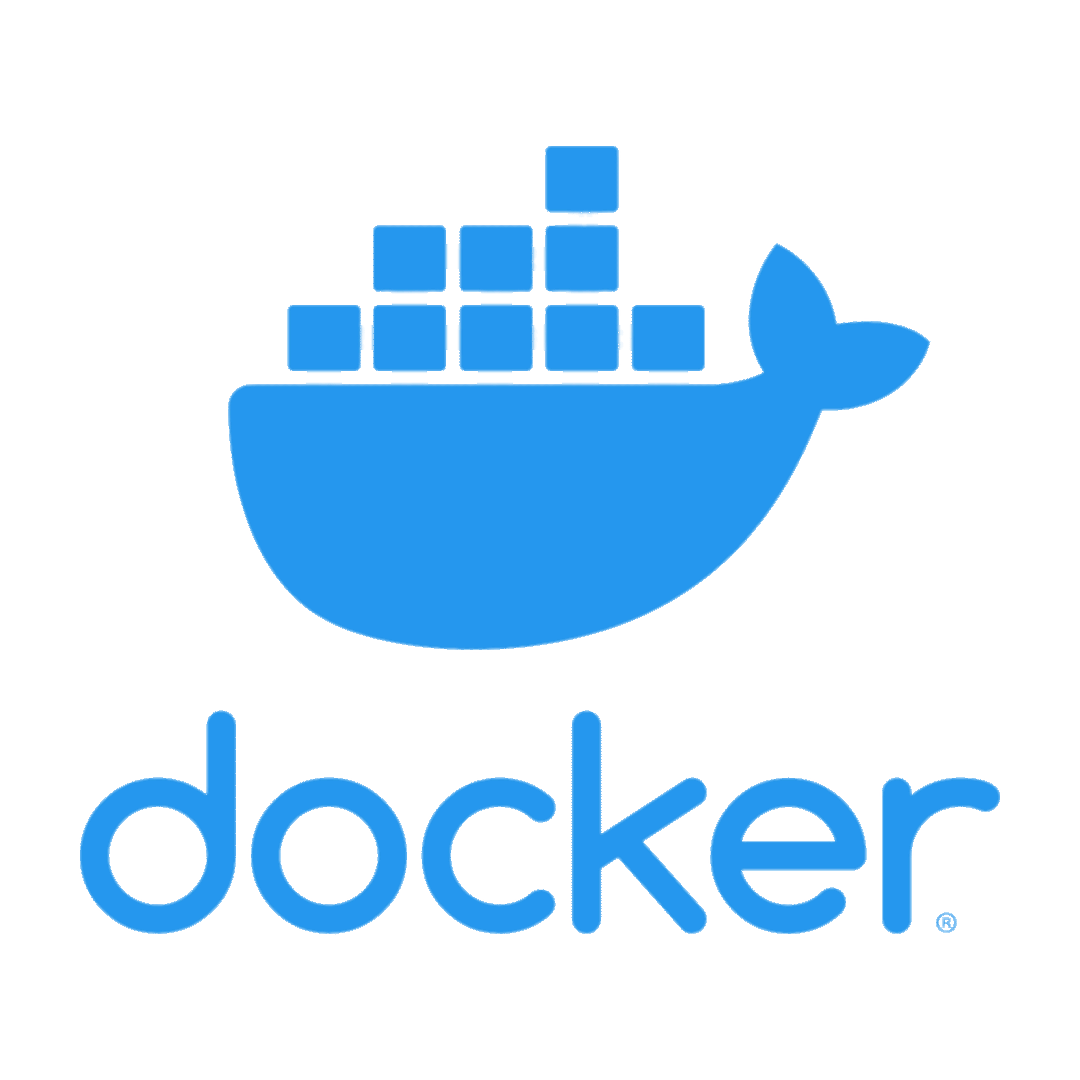Framework & technos I’ve used over the years to make things work.
I have spent years honing my skills in this area, and I am confident that I can help you make the best decisions for your project. To learn more about the frameworks and technologies that I use, and how they can benefit your business, schedule a call appointment with me today. I would be happy to share my expertise and answer any questions you may have.
Front-end

Angular
I have worked extensively with Angular - since AngularJS, and it's a framework that I really enjoy using. One of the things that I appreciate about it is how comprehensive it is. It provides everything I need to build large-scale web applications, from routing to form validation to HTTP requests. I also really like the use of TypeScript in Angular.
Awesome Angular

Next.js
Next.js is built on top of React, which is a technology I already love, but it adds so many useful features that make my life easier. I particularly appreciate how easy it is to build server-side rendered and static websites with Next.js. The automatic code splitting and server-side rendering are especially handy, as they help me to build websites that are both fast and SEO-friendly. Deploying Next.js apps with Vercel is also a piece of cake.
Awesome Next.js

Vue.js
I've had the pleasure of using Vue.js on some projects, and it's a framework that I really enjoy working with. One of the things I appreciate most about Vue.js is how lightweight it is. It's easy to learn and use, and it doesn't add a lot of overhead to my projects. It makes a good match with Django.
Awesome Vue.js
Back-End
NestJS
As I come from the Angular world, I love how NestJS combines the power of Node.js with the structure and organization of Angular. This makes it easy to build robust, scalable backends that are easy to maintain. Another thing I really appreciate about NestJS is its use of decorators. They make it easy to define controllers, services, and other components, and they help me to stay organized and productive. Plus, the built-in support for GraphQL and WebSockets is a big plus for me, as it makes it easy to build real-time, data-driven applications.
Awesome NestJS
Django
I have experience working with both Django and Vue.js frameworks, and I find them to be a powerful combination for building web applications. Django provides a robust, scalable backend with built-in support for things like user authentication and database integration, while Vue.js offers a lightweight, reactive frontend that's perfect for creating dynamic user interfaces.
Awesome Django
Mobile

Ionic
I have fond memories of creating my first mobile applications with the Ionic framework in 2014. It was an excellent choice for me as it allowed me to use my existing web development skills to create mobile apps that looked and felt like native applications. The framework provided a wide range of pre-built components, allowing me to focus on the functionality of my app rather than spending too much time on the UI - when there is no random compilation errors.
ionic.com

Swift and Kotlin
During my time as a software engineer at Enovap and ContentSquare, I had worked with both Kotlin and Swift programming languages. As part of my work, I was responsible for developing plugins for both native platforms using Capacitor and Cordova, and integrating native APIs such as Bluetooth Smart and geolocation services. It was an exciting and challenging experience, and I enjoyed the opportunity to learn and grow my skills while contributing to the development of innovative products.
Hybrid vs Native apps
OPs

Google Cloud platform
During my tenure as a senior backend developer at Chantelle, I had the opportunity to work with Google Cloud Provider. As part of my work, I developed connectors for headless ecommerce and used Google Cloud Functions and Terraform to build their next-generation ecommerce product for the US market. It was an exciting project that allowed me to leverage the power of the GCP and contributed to the development of a cutting-edge product.
GCP cheat sheet

AWS
In my personal projects, I have used Amazon Web Services as an alternative to Vercel. One of the things I appreciate about AWS is its simplicity of configuration and its on-premise cloud hosting capabilities. I also enjoyed working with AWS Lambda functions, as well as the ease with which I could create network security rules. Additionally, I had the opportunity to use AWS bucket and S3, which proved to be reliable and powerful tools for storing and managing data.
AWS cheat sheet

Docker
I have found Docker to be an essential tool for building, shipping, and running applications. Its ability to package an application and its dependencies into a single, portable unit has made it easy to deploy and scale applications across different environments. I also appreciate Docker's flexibility, as it allows me to work with a variety of programming languages and frameworks while providing a consistent environment for my applications to run in.
Useful docker images

Jenkins
I have used Jenkins as a tool for continuous integration and continuous deployment (CI/CD) to automate the testing and deployment of my applications. It has made my testing process more efficient and reliable, and has allowed me to easily identify and fix bugs in my code. I'm glad to hear that you discovered Jenkins and found it to be a useful tool for your testing needs. Testing is not doubting.
jenkins.io


